FIFA Club World Cup
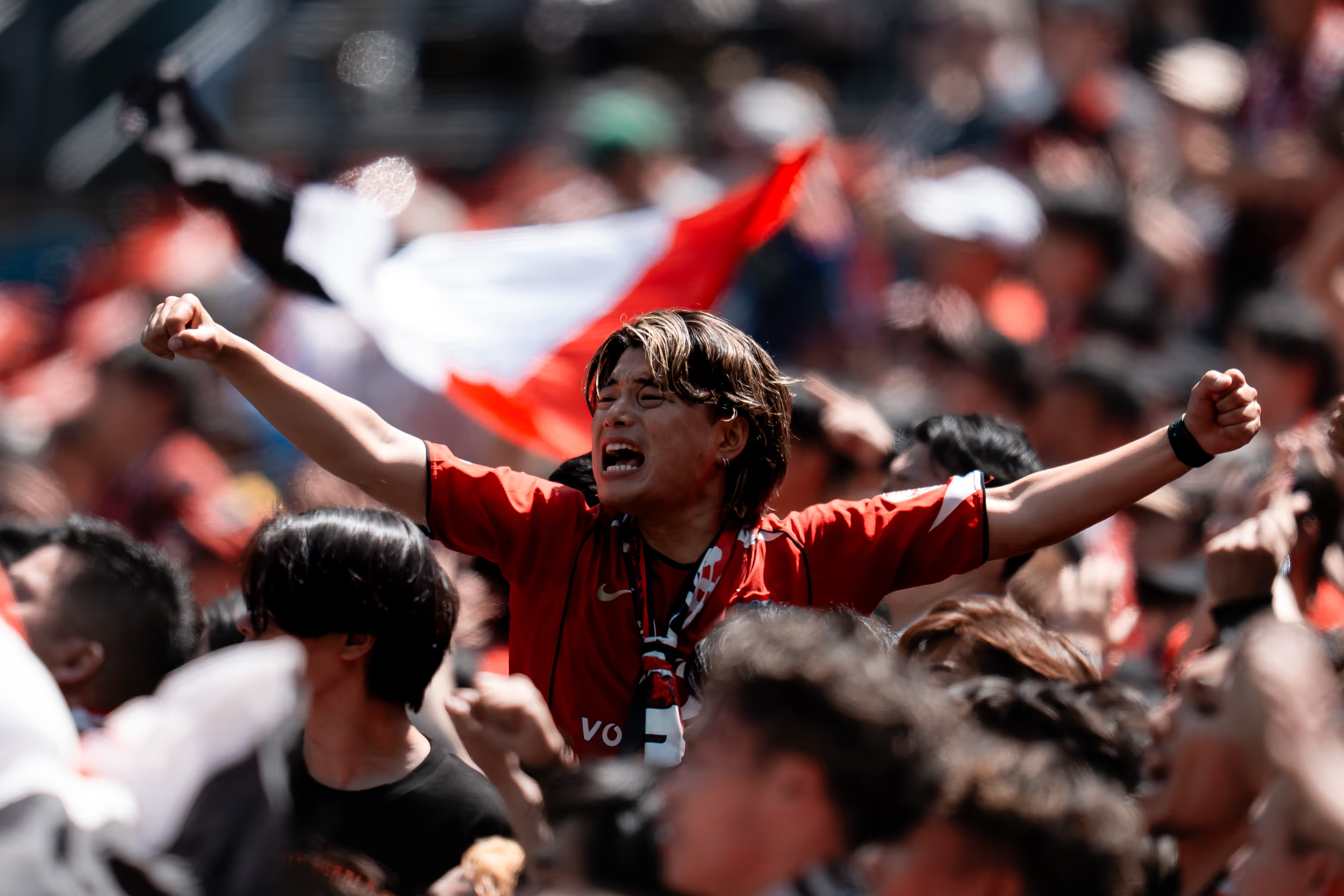
SEATTLE, WA — River Plate defeated Urawa Red Diamonds 3–1 in their opening game of the 2025 FIFA Club World Cup, held at Lumen Field in Seattle, Washington. The match brought together two passionate fan bases—one from Argentina, the other from Japan—whose non-stop cheering and singing created an electric atmosphere from start to finish.
Before a ball was even kicked, the storyline had already taken shape. All eyes were on River Plate’s 17-year-old midfielder Franco Mastantuono, the teenage sensation set to join Spanish giants Real Madrid after the tournament. Throughout the match, he showed poise, maturity, and confidence well beyond his years. Though he didn’t score, he was constantly involved in River’s buildup—always wanting the ball, turning under pressure, and keeping the tempo high. He was a quiet force that kept River moving in attack.
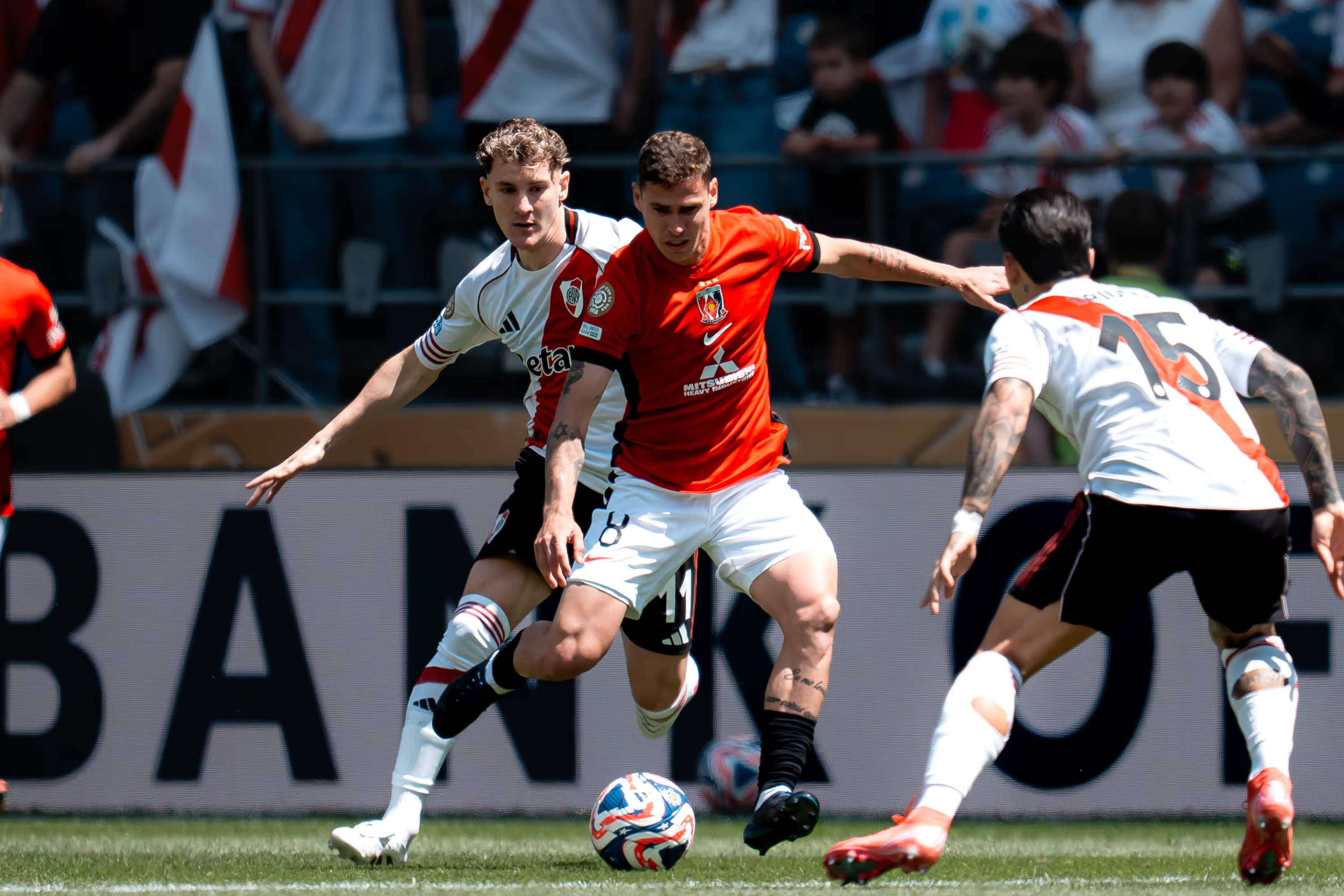
The match itself started quickly. In the 12th minute, River Plate took the lead when veteran left back Marcos Acuña sent in a curling cross that Facundo Colidio converted with a well-placed header at the near post. River controlled possession for much of the first half, keeping Urawa pinned back with smart passing and fluid movement. The fans—especially those in red and white—roared with every attack, and the stadium buzzed with anticipation every time Mastantuono received the ball in space.
The second half began even faster than the first. Just three minutes in, Sebastián Driussi doubled River’s lead, heading home after a defensive miscue by Urawa. Marius Høibråten attempted a header back to his goalkeeper, but Driussi capitalized. It felt like River was about to run away with it.
But Urawa had other ideas.
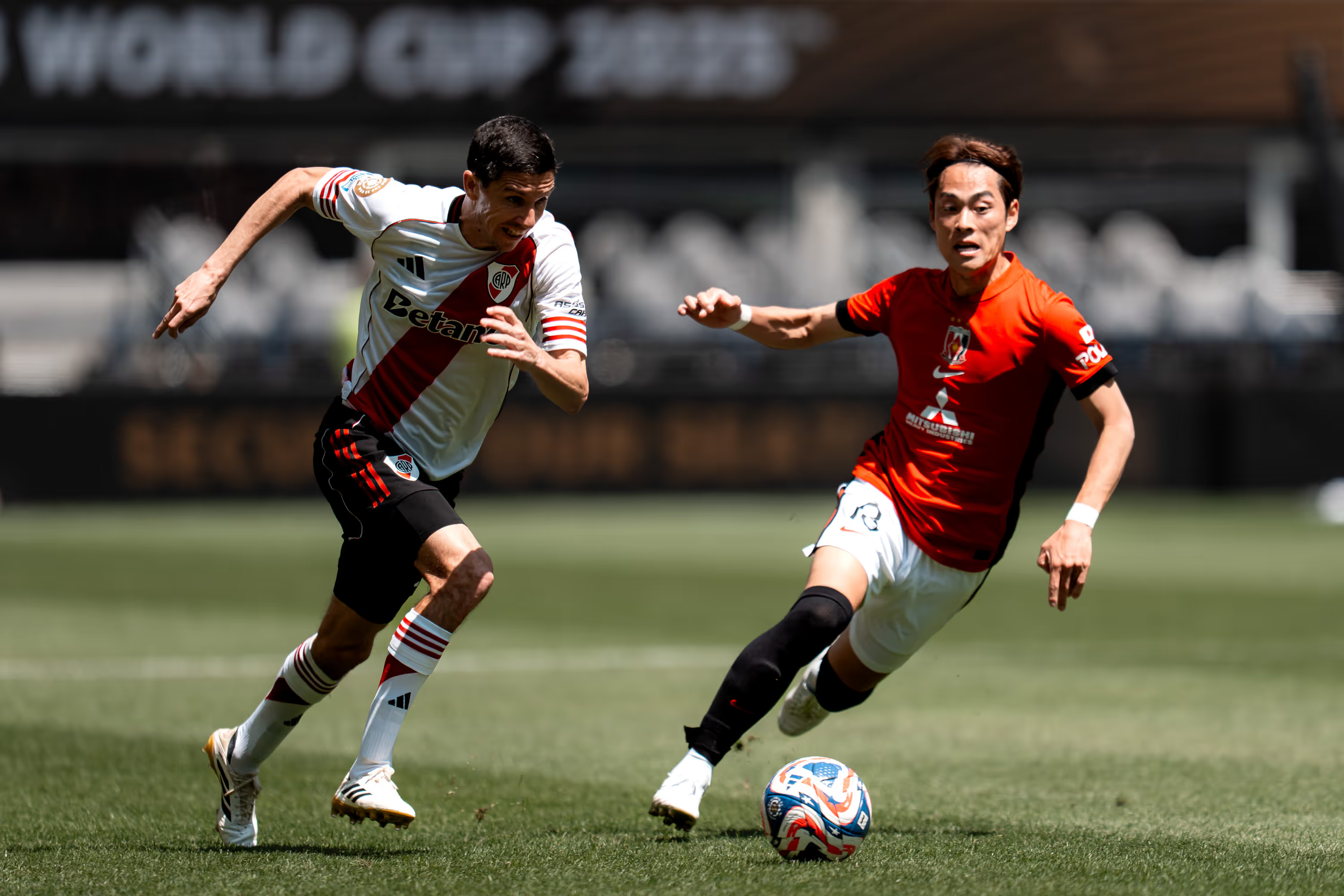
In the 58th minute, Yusuke Matsuo, who had been running tirelessly all game, found the back of the net from the penalty spot after Takuro Kaneko was brought down in the box.
For the next 15 minutes, Urawa pressed hard. Their midfield, led by Samuel Gustafson, began to control the tempo. Gustafson’s vision and calmness on the ball helped Urawa push higher up the field. Matsuo continued to stretch River’s defense with his non-stop runs into space. It looked like an equalizer might be coming.
But then, River responded with one final punch.
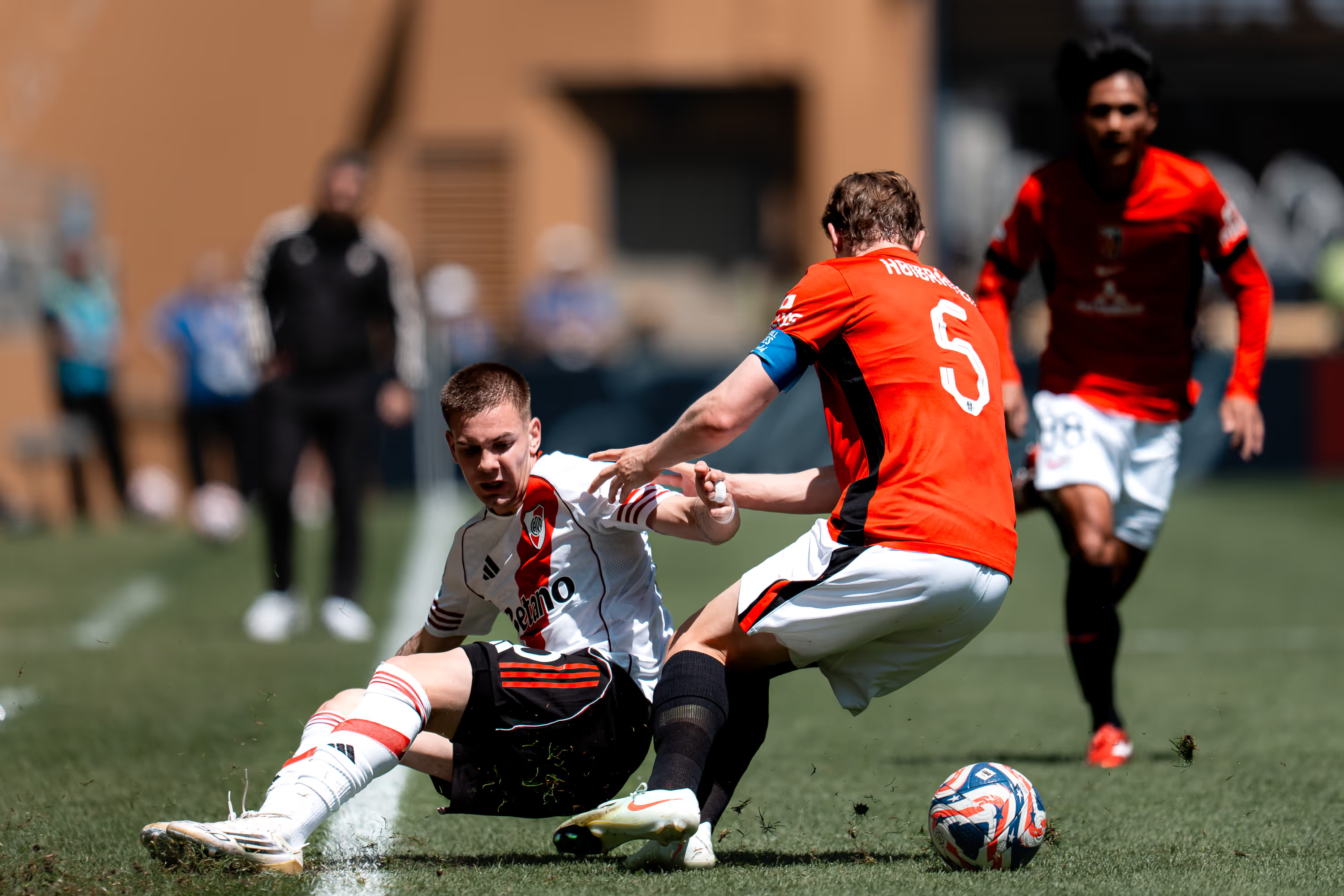
In the 73rd minute, it was Acuña again—this time delivering an out-swinging corner into the box that found Maximiliano Meza, who headed the ball home to increase River’s lead. It was Acuña’s second assist of the night and sealed the victory for the Argentinians.
Though Urawa kept fighting until the final whistle—making multiple attacking substitutions—the game ended 3–1 in favor of River Plate. In the end, River Plate walked away with the result and the headlines. Mastantuono didn’t score or assist, but his calm control, movement, and bravery at just 17 years old showed why the world’s biggest club, Real Madrid, believes he’s ready. And though Urawa lost, their performance, energy, and tactical discipline will be key if they are to progress in this tournament.
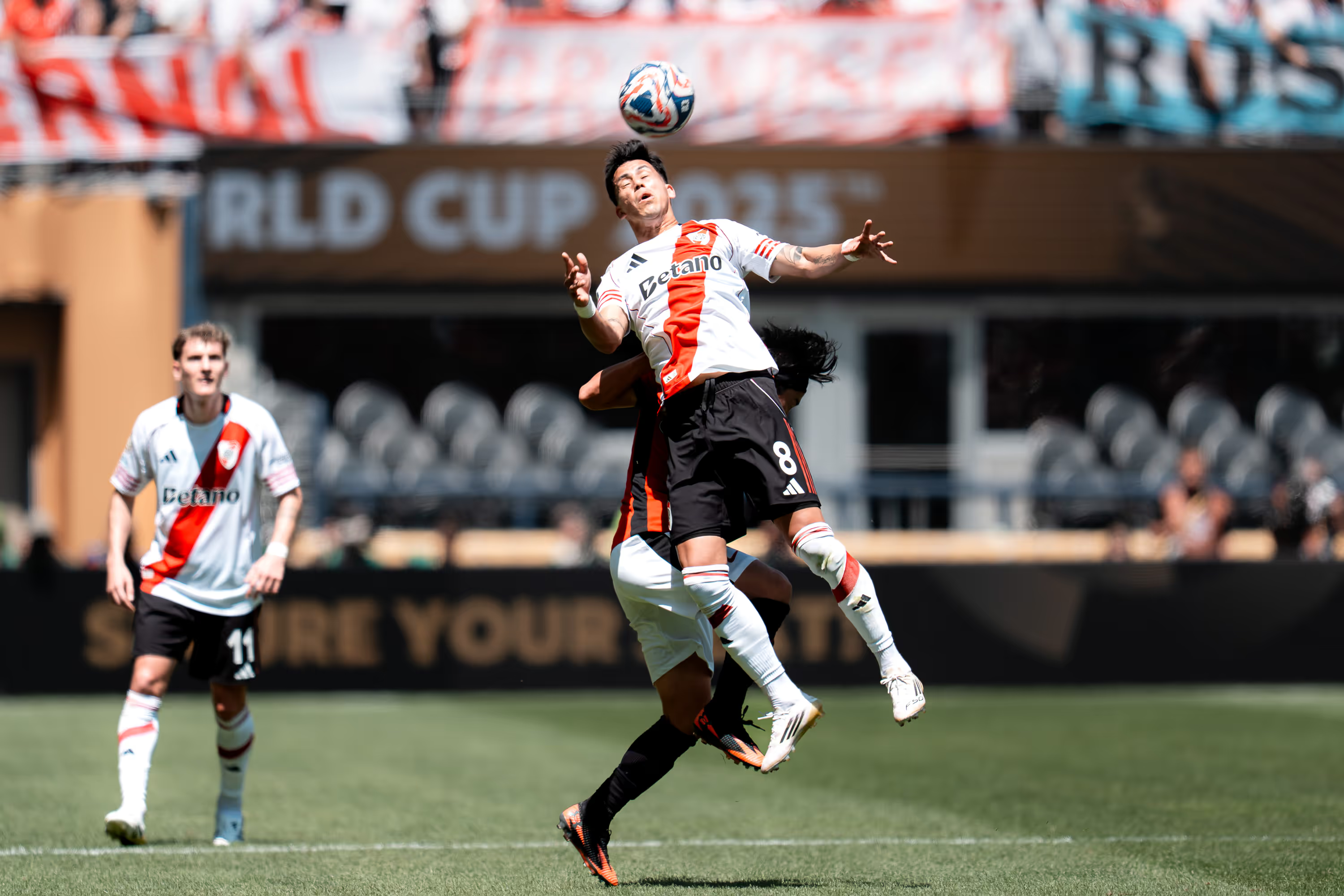
1. River Plate used width and delivery to unlock Urawa.
Marcos Acuña was crucial down the left flank, creating a goal from wide areas. River’s tactic of overlapping fullbacks and swinging in early crosses stretched Urawa’s backline and pulled defenders out of position.
2. Kevin Castaño played as a connective hub in midfield.
The Colombian dropped deep to receive the ball and helped River transition from defense to attack. His ability to play between the lines forced Urawa’s midfield to stay narrow, opening up space on the wings for the likes of Mastantuono.
3. Urawa found success pressing River’s defense in the second half.
After falling behind 2–0, Urawa stepped up their pressure. This forced River into mistakes and allowed the Japanese side to control the ball for extended spells. Their midfield line became more aggressive, and Gustafson was key to recycling possession.
4. Matsuo’s direct running caused River problems.
Matsuo consistently attacked the channels—the wide spaces between defenders—and his speed put River’s center backs on alert.
5. River’s midfield depth made the difference.
Substitutes like Meza and Giuliano Galoppo added fresh energy and composure when Urawa started gaining momentum. Meza’s goal ended any comeback hopes, but it was River’s ability to adjust and maintain control that truly won them the match.